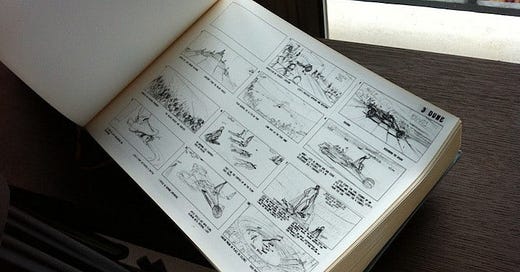‘Jodorowsky’s Dune’ Review
This review of Jodorowsky’s Dune was originally published during AFI Fest on November 19, 2013.
Keep reading with a 7-day free trial
Subscribe to Nonfics to keep reading this post and get 7 days of free access to the full post archives.



